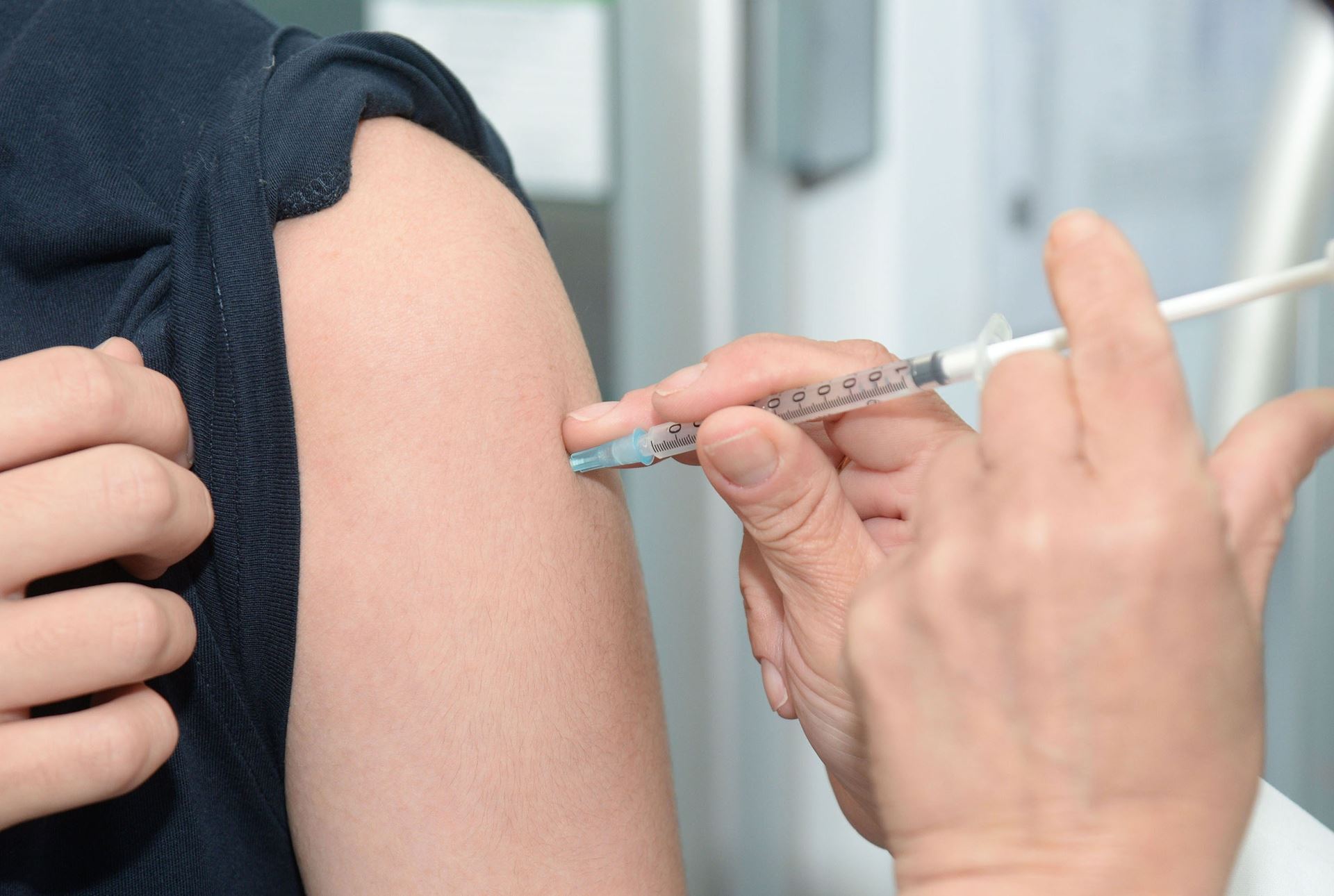Travel Health

If you require any vaccinations relating to foreign travel please complete the travel assessment form below or you can collect a form from reception and return to us via email or in person. This must be done AT LEAST 8 WEEKS prior to travelling.
We are providing NHS travel vaccines only.
The nurse will assess which countries and areas you are visiting to determine what vaccinations are required. 8 weeks allows time to order any vaccines that may be required and administer these at a time that will provide maximum protection during your travels.
After the nurse has completed their assessment, you are able to choose whether you have the NHS vaccines with us or alternatively book all that is required at a private travel clinic if private ones are needed also.
Our nurses can provide travel health advice and arrange for appropriate immunisations. Please arrange an appointment for a travel consultation at least 8 weeks before departure. Vaccines need time to take effect and some may require a course over several weeks.
Select the region you are travelling to find out more.
Further Travel Information
The following websites will give you additional travel advice
Travel Health for information of vaccinations available on NHS
MASTA for private vaccination clinics
Gov.uk for specific country travel advice
EHIC to apply for your free European Health Insurance Card
Travel Vaccination Prices
Travel advice is covered by the NHS; however some vaccinations and prescriptions are only available privately. Payment for non-NHS services must be made at the first travel appointment.
If the immunisation required is advised by the government for travel to a particular country or region, then the cost is payable by the NHS. For some countries it is often advisable to have other immunisations e.g. Hepatitis B or Rabies and the cost of these is payable in full by the patient plus an administration fee.
Malaria therapy is not available on an NHS prescription so where necessary there is a charge of £15 for a private prescription.
(please ask the practice nurse for full details and the costs of dependant on your particular needs)
Medication for travelling
NHS patients travelling for 3 months or less
Under NHS legislation, the NHS ceases to have responsibility for people when they leave the UK. However, to ensure good patient care the following guidance for prescribing is offered:
Pre-existing Condition
Medication required for a pre-existing condition should be provided in sufficient quantity to cover the journey and allow the patient to obtain medical attention abroad.
If the patient is returning within the timescale of a normal prescription (usually 1 and no more than 3 months) then this could be issued, providing it is clinically appropriate.
Of course, the actual length of any prescription would depend on the GPs clinical judgement.
'Just-in-case' Treatments
GPs are not required to provide prescriptions for medication pertaining to non-pre-existing conditions that is requested solely in anticipation of the onset of an ailment whilst outside the UK, but for which treatment is not required at the time of prescribing (e.g. travel sickness, diarrhoea).
Patients should be advised to purchase these items locally prior to travel; advice is available from community pharmacists if required. A private prescription may be provided for any prescription-only medicines.
For conditions unresponsive to self-medication, the patient should normally seek medical attention abroad.
NHS patients living or travelling abroad for more than three months of the year
An NHSFP10 prescription can be issued to a patient for up to 3 month's supply. If the patient requires medication for a longer duration, it may be possible for a private prescription to be issued at the discretion of your GP to cover the additional supply.
If your GP is happy to issue a private prescription, this can then be taken to a Pharmacy (not a GP Dispensary) to be dispensed and the medication paid for.
For longer visits abroad, i.e. where the patient lives out of area for part of the year, the patient should be advised to register with a local doctor for continuing medication, where possible. These supplies of medication(s) may need to be paid for by the patient. It is wise for the patient to check with the manufacturer that medicines required are available in the country being visited.
Your GP practice is required to deregister a patient who they know or suspect to be residing outside the UK for three months or more.
Patients should also be advised to check whether there are any restrictions on taking their medicine(s) in and out of the UK or the countries they are visiting or passing through. Different countries have different rules and regulations about the types of medication they allow to be taken into the country and the maximum quantities allowed. Of course, this is of particular importance for controlled drugs as their legal status varies between countries.
Page created: 15 December 2023
